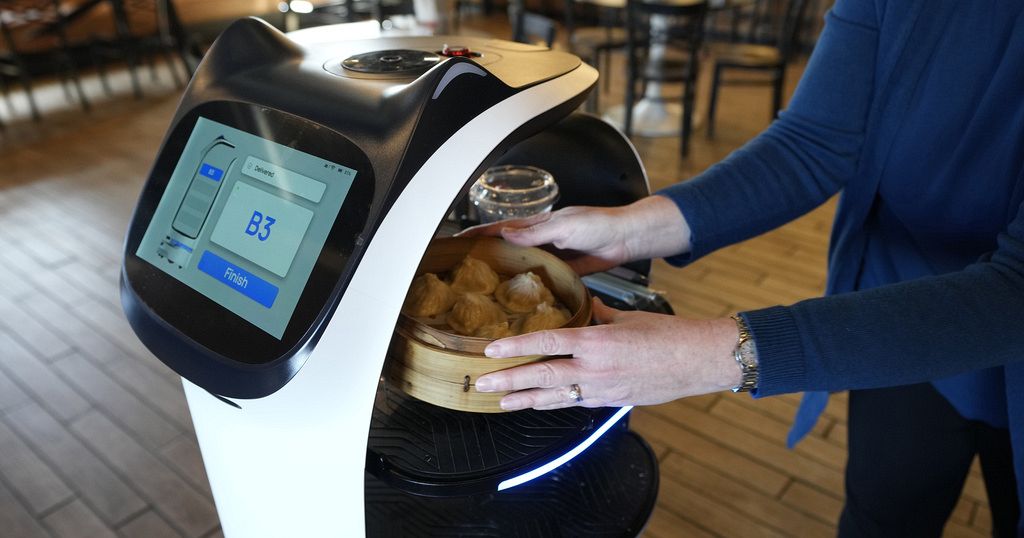Africa
Death toll climbs to 98 after nightclub roof collapse in Dominican Republic

Since the collapse of the roof at the Jet Set nightclub in Santo Domingo in the early hours of Tuesday, the death toll has climbed steadily.
The popular club, which has operated for fifty years, was hosting a merengue concert attended by politicians and athletes when the roof of the one-storey building caved in and fell onto the busy dancefloor.
98 people have now been confirmed dead, among them popular Dominican singer and star of merengue Rubby Pérez, who was performing on stage during the incident.
Around 160 people were injured.
While rescue crews were still searching for survivors in the rubble, crowds anxiously gathered at the venue to hear news from missing family members.
Many people were also waiting at the Institute of Forensic Science to identify bodies.
The Dominican authorities have not yet commented on the incident, although an investigation into the causes of the roof collapse is expected.
Africa
Funeral held in Kenya for TikTok content moderator

The funeral was held on Thursday for a Kenya-based Nigerian content moderator who died in unclear circumstances last month.
Ladi Anzaki Olubunmi’s decomposed remains were found on March 7 at her apartment on the outskirts of the Kenyan capital, Nairobi, three days after she failed to show up at work.
Among the mourners was her elder brother, who travelled to Nairobi for the emotional ceremony. He was overcome by grief as friends and colleagues eulogised Olubunmi as “selfless.”
Olubunmi, 43, who was employed as a TikTok content moderator subcontracted by a global outsourcing firm, Teleperformance, had complained of fatigue before her death, the cause of which has not been revealed.
She had been living in Kenya since 2022 and only managed to travel back home once, despite having an annual return ticket benefit in her employment contract.
Colleagues said she was “desperate to go home” but was denied leave. Teleperformance Kenya said in a statement in March that she wasn’t denied leave to travel home. In a tribute, a company spokesperson described Olubunmi as “a selfless, compassionate and deeply caring individual.”
Content moderators working for subcontracted firms based in Kenya have in the past described working conditions that they say include lower than average pay, lack of mental health support, long working hours and intimidation.
More than 100 former Facebook content moderators have sued the social media company for poor pay and working conditions and unfair termination of employment.
Tauheed Tayo Yakubu, a colleague of Olubunmi, described her as a champion for better working conditions, detailing how in November 2023, she staged a walkout for Nigerian colleagues demanding for valid work permits.
“She requested that every Nigerian leave the job immediately and then we all marched,” he said.
Africa
European Union announces new asylum measures

Migrants from Bangladesh, Colombia, Morocco and Tunisia are unlikely to be granted asylum in Europe and should have their applications fast-tracked so they can be sent home more quickly, the European Union’s executive branch said on Wednesday.
The European Commission said that seven countries – also including Egypt, India and Kosovo – should be designated “safe third countries.” Applications by their citizens for international protection would be wrapped up in 3 months rather than the usual 6.
“We streamline and we speed up the processing of asylum applications, but we do not cut back on fundamental and human rights,” said European Commission spokesperson Markus Lammert.
“What it does is it allows for faster procedures for those whose asylum applications are likely to be unfounded,” he added.
In total, more than 200,000 people from these countries applied for asylum last year.
A year ago, E.U. nations endorsed sweeping reforms to the bloc’s failed asylum system. The rules were meant to resolve the issues that have divided the 27 countries since well over 1 million migrants swept into Europe in 2015, most fleeing war in Syria and Iraq.
But the new rules are not set to enter force until at least June 2026, and the commission is desperate to speed up procedures, including by deporting people more quickly, to ease pressure on migrant reception facilities.
“This E.U. list brings harmonization across member states,” said Lammert. “And this will ultimately help reduce secondary movements and also asylum shopping.”
The plan must be endorsed by E.U. member countries and the European Parliament before it can enter force.
Under it, asylum applications by people coming from countries that are candidates to join the E.U. – Albania, Bosnia, Georgia, Moldova, Montenegro, North Macedonia, Serbia and Turkey – would also be fast-tracked.
On top of that, E.U. members could speed up proceedings for people coming from countries where 20% or less of applicants are granted international protection in Europe. The so-called recognition rate for the seven “safe third countries” is 5% or less.
Africa
Robot waiter becomes a star attraction at Havana restaurant

In a city known more for its classic cars than cutting-edge tech, a restaurant in Havana is turning heads and going viral, thanks to a high-tech new team member: a robot waiter.
Doña Alicia, a restaurant located in the heart of the Cuban capital, has captured public attention with its futuristic service. Despite frequent power outages and limited access to advanced technology, the eatery made a bold move to modernize, gradually integrating digital tools into its customer experience.
The innovation began with tablets on tables and voice assistance via Amazon’s Alexa. Now, a robot glides through the restaurant, delivering meals, shaking hands, and even saying goodbye to guests.
Customer Sonia Pérez was awestruck.
“The robot is going to come here and bring me the food I ordered! I saw a robot and I said this is like the movies,” she said. “It brings me food, says thank you, I reply you’re welcome, it shakes hands with me, says goodbye, and I say goodbye to it.”
The novelty has helped the restaurant attract curious locals and international visitors alike.
“Sometimes I’m really tired,” said Mariko Ohata, a tourist from Japan. “I cannot communicate in Spanish with another Cuban, so if I want something, it’s just a touch! I can take everything.”
Doña Alicia’s manager, Yadiel Hernández, said the move was both daring and strategic.
“It was an interesting idea to bring a robot to Cuba. It has allowed us to get to other types of customers and surprise them because it’s something new.”
While robot waitstaff are increasingly common in countries like Japan and South Korea, they’re a rarity in Cuba, where tech innovations often face infrastructure hurdles. Still, the gamble is paying off, with the robot attracting a steady stream of customers and social media buzz.
Cuba has made significant strides in digital connectivity in recent years. While the internet only became widely available on mobile phones in 2018, today, over 70% of the population is online—a shift that’s paving the way for more ambitious tech experiments like this one.
-

 Education1 day ago
Education1 day agoTrump administration revokes humanitarian parole of Spanish teacher
-

 Conflict Zones3 hours ago
Conflict Zones3 hours agoHaiti in ‘free fall’ as violence escalates, rights group warns | Armed Groups News
-

 Europe1 day ago
Europe1 day agoPolice arrest couple for breeding and selling exotic cats in Spain
-

 Europe1 day ago
Europe1 day agoCody Balmer, the suspect in arson at Pennsylvania governor’s home targeted the governor for his views on war in Gaza, warrant says
-

 Sports1 day ago
Sports1 day agoNew Orleans Saints win lawsuit over fleur-de-lis trademark filed by ‘direct descendant of the Kings of France’
-

 Education1 day ago
Education1 day agoReggaeton is sending China wild — and it’s teaching college students Spanish
-

 Africa1 day ago
Africa1 day agoSudan: Rapid Support Forces leader announces rival government
-

 Conflict Zones1 day ago
Conflict Zones1 day agoAfter two years of war in Sudan, the world can no longer plead ignorance | Conflict



